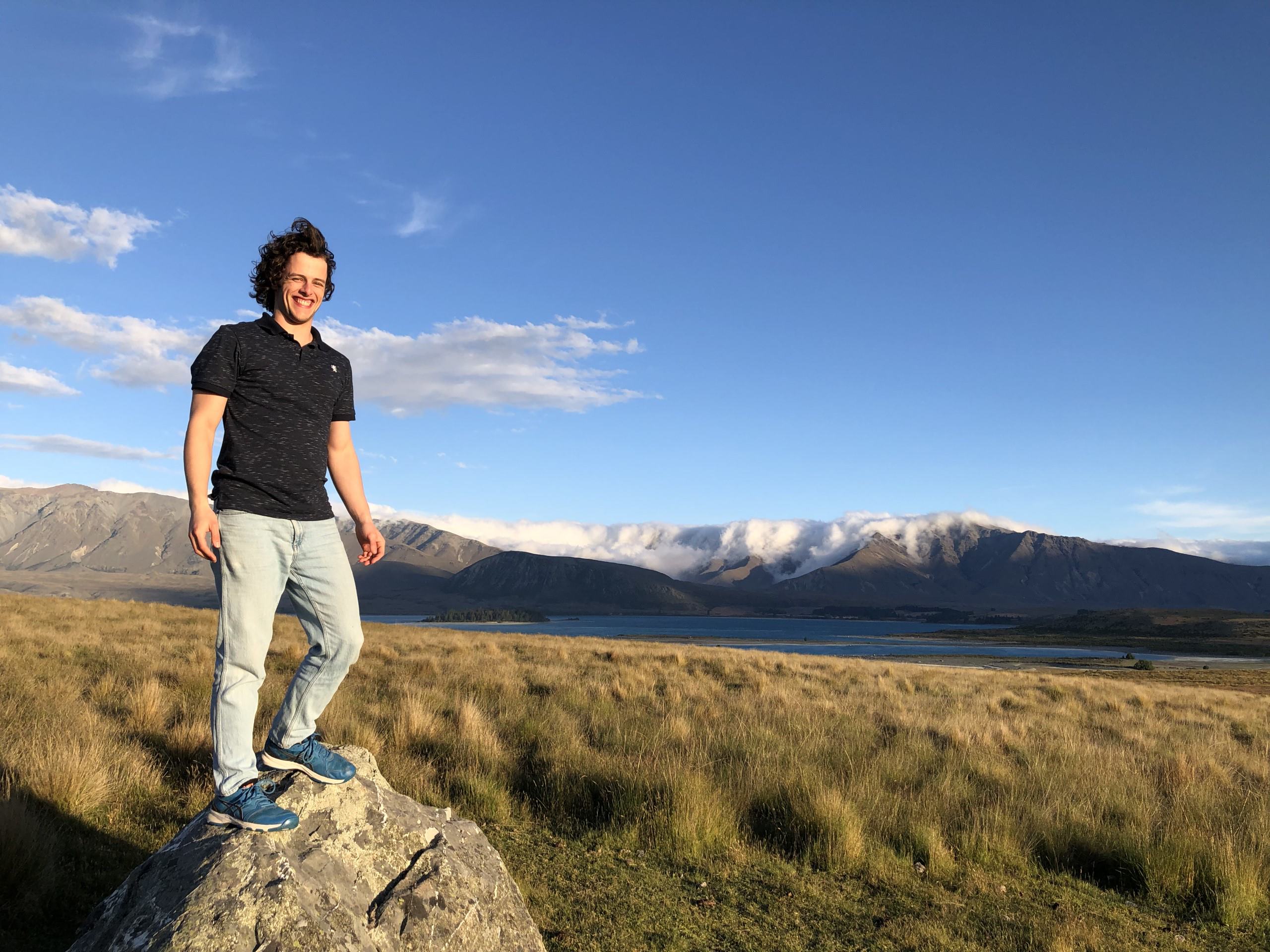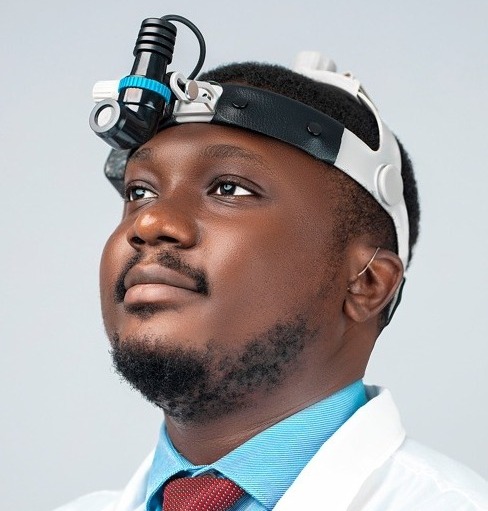
A brief history of Black Deaf people in America
September 30, 2020
ASL interpreters now mandatory for U.S. COVID briefings
October 5, 2020Community Spotlight: Public speaking with hearing loss to advocate for others

Phonak hEARo Catalleya Storm is an advocate for accessibility, racial justice, queer rights, and intersectionality.
Their hearing loss doesn’t hold them back from speaking up for others and advocating for human rights. Storm shares their tips for public speaking with hearing loss, being an advocate for your own hearing loss, and wearing your hearing aids with pride.
Storm has a moderately severe to severe bilateral sensorineural hearing loss and is late-deafened due to hearing loss only becoming evident at the age of 15.
“I mostly communicate by voice and lip-reading, although sign language is a preferred method of communication as it is easier to access,” they said.
Storm started wearing Phonak hearing aids just over 10 years ago and now wears two Phonak Naida V hearing aids. They are a proud wearer of Phonak hearing aids.
“Ever since getting Phonak hearing aids when I went to a new audiologist, now I won’t get anything but Phonak,” Storm says.
Pride for their Phonak hearing aids has led them to join the Phonak hEARos community.
“Raising awareness of the amazing things Phonak devices can do, it was a no brainer to connect to the Phonak hEARo program,” explains Storm.
Advocacy Work
In addition to spreading hearing loss awareness by being a Phonak hEARo, Storm is an advocate for accessibility, racial justice, queer rights, and intersectionality.
As an undergraduate in college in the state of Ohio, Storm served as the Director of Accessibility, Health, and Safety with Student Government. Through this role, they were able to work towards addressing issues such as accessibility of student organizations, to accessible bathrooms for those with disabilities and trans/non-binary/gender-nonconforming individuals. After undergrad, Storm went back to university for a Masters in Public Administration but took a break to work as a Policy Associate – Transgender Education and Advocacy Program Coordinator.
“Ohio, currently, does not have statewide protections for LGBTQIA individuals,” they say. “Through this position, I was able to create a program that brought awareness to Transgender individuals and their allies on how to talk to legislatures and help push change forward. Towards the end of the one-year grant position, I created a three-year strategic plan for creating an accessible organization.”
Speaking in Front of an Audience
Giving talks across Ohio is part of Storm’s advocacy work. Public speaking has increased their confidence, speaking on a variety of topics such as human trafficking, LGBTQ rights, and accessibility.
With hearing loss comes a few communication challenges, but with adjustments made, became easier to manage. Storm found the hardest part was receiving questions from the audience.
“I remember one speaking engagement, I was on a panel about Trans Individuals and the Health Care System,” Storms says. “Whenever an audience member said a question, the host had to turn to me and repeat the question.”
To make talks accessible, Storm now uses interpreters.
“Even though I read lips, nothing quite replaces the benefit of having interpreters there just in case something is missed,” they say.
Top Tips for Public Speaking with Hearing Loss
Storms’ favorite tips to help others improve public speaking skills are:
- “Practice, practice, practice
- Record yourself giving your speech
- Work on speaking slowly and clearly
- Ask your friends to listen to your speech and provide feedback on what you did well and what can be improved
- Practice with your hearing aids off”
They like giving speeches with hearing aids switched off. Although it may seem strange, they find it easier to speak without hearing random sounds which can be distracting.
“I once stopped mid-speech because I thought someone was trying to ask me a question,” they recall. “Spoiler, they were not. Turning off my hearing aids when public speaking calms my mind and allows me to focus on what I say. Try it out, maybe it will work for you.”
Even if You Think You Can’t, You Can
Storm’s inspiring message to others is to “try not to internalize other people’s doubt of you, and your abilities.”
“There are so many times I let other people get in the way of what I wanted to do with my life,” Storms says. “I’ve had people tell me I can’t because I’m Black, I can’t because I’m HOH, I can’t because I’m queer, can’t, can’t ,can’t. I felt like I was drowning in doubt of myself. I was allowing them to dictate my life. Look in the mirror and tell yourself you CAN! and then do! I believe in you!”
Follow Catalleya on Instagram and subscribe to their YouTube channel!



